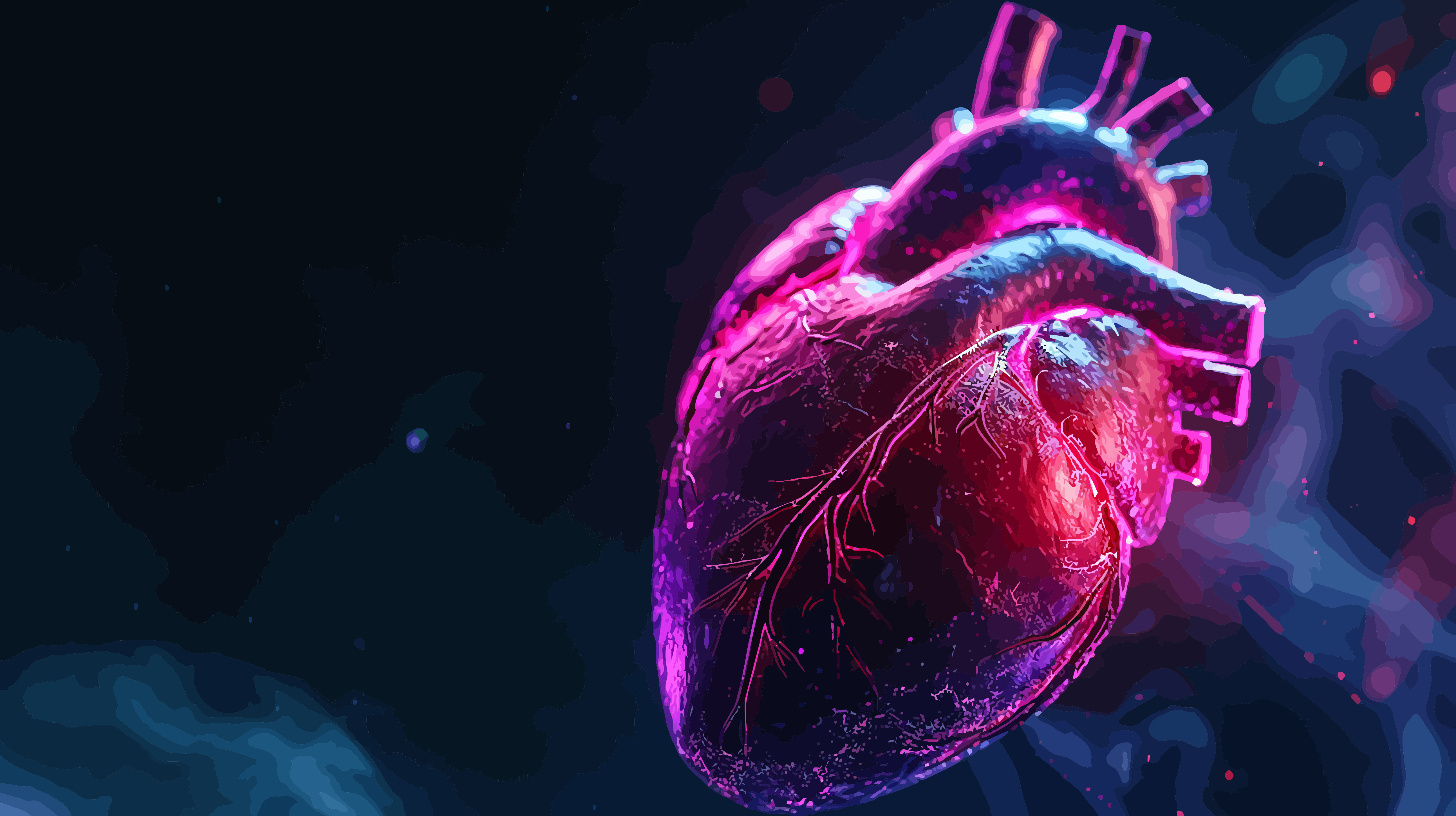10 Types of Back Pain Specialists
:max_bytes(150000):strip_icc()/doctor-checking-senior-mans-back-in-examination-room-547016317-593e24093df78c537b7df01f.jpg)
Back and spine pain is common. It’s so common, in fact, that many types of healthcare providers diagnose and treat it.
This makes it hard to choose a provider. So it can help to know a little about what each one does and what they have to offer. Your primary healthcare provider can also help.
This article walks you through the specialties of 10 types of medical personnel who treat back pain and how they may be able to help you.
Family and General Practitioners
With new neck or back pain, start with your regular doctor. That’s usually a family or general practitioner (GP) or primary care provider (PCP).
They may:
- Order diagnostic tests
- Prescribe some painkillers
- Give you a few exercises to do
- Possibly send you to a physical therapist
- Possibly refer you to a specialist
But studies suggest GPs can be slow to adopt new back treatments. So research possible treatment options yourself. And ask a lot of questions during your appointment.
Also, you can always request a referral to a specialist.
Pediatricians
Pediatricians diagnose and treat children. They cover a wide range of issues including back pain and injuries.
As with a GP or PCP, your child’s pediatrician is the place to start. If your child needs a specialist, they’ll likely refer you. Or you can ask for a referral.
Emergency Room Healthcare Providers
If you have serious neck or back trauma, you should go to the emergency room. Trauma can include car accidents, falls, or gunshot wounds.
Remember not to move someone with a possible spinal injury. If you’re the one who’s hurt, stay still and tell others not to move you.
Also, go to the ER if you have back pain with loss of bowel or bladder control, or your legs get progressively weaker. Those are symptoms of an emergency condition called cauda equina syndrome.
Orthopedists
Orthopedists and orthopedic surgeons treat the musculoskeletal system. That includes:
- Bones
- Joints
- Muscles
- Cartilage
- Connective tissues
Common orthopedic problems are:
Orthopedics overlaps with other specialties. For example, orthopedists and rheumatologists both treat arthritis.
And orthopedic surgeries and neurosurgeons do some of the same procedures. These include spinal fusions and discectomies.
Rheumatologists
A rheumatologist treats autoimmune, inflammatory, and musculoskeletal conditions. These include many forms of arthritis, lupus, and Sjögren’s syndrome.
Your PCP may send you to a rheumatologist if you have symptoms of:
Rheumatologists may also treat spinal stenosis (advanced osteoarthritis). They overlap with orthopedists.
Neurologists
A neurologist specializes in the nervous system. They treat disorders of the brain, spinal cord, and nerves. That includes:
You might see a neurologist if your back or neck pain is chronic. They are experts in the origins of pain.
A neurologist doesn’t perform spine surgery. They can be a medical doctor (MD) or another licensed practitioner.
What Specialist Does Epidural Injections for Back Pain?
A lot of healthcare providers can give you an epidural steroid injection (ESI). That includes:
- Pain management specialists
- Physiatrists
- Interventional radiologists
- Anesthesiologists
- Orthopedic surgeons
- Neurosurgeons
- Neurologists
Neurosurgeons
A neurosurgeon specializes in surgery on the nervous system. That includes the brain, spine, and spinal cord.
Neurosurgeons don’t provide overall treatment for back pain. You’ll usually see them only after exhausting all other options.
Osteopaths
An osteopath works in a patient-centric, holistic way. They take the same classes as an MD plus up to 500 hours focused on the musculoskeletal system.
They have all the same exams and licensing as an MD, as well. Many osteopaths are primary care providers.
If you go to one for back pain, expect an emphasis on things like:
Their goal is to increase your mobility and relieve pain and muscle tension.
Physiatrists
Physiatrists are also holistic providers. They focus on physical functioning. Think of them as a PCP plus a physical therapist.
This sub-specialty provides rehabilitation for all kinds of conditions and injuries. These include:
- Stroke
- Low back pain
- Athletic injuries
Quite often, the physiatrist will coordinate a team of specialists. That helps create a treatment plan for all of your medical needs.
Chiropractors
Chiropractic is a hands-on alternative medicine discipline. Its goal is to restore function by aligning the spine. Chiropractors do this with spinal manipulations, also known as adjustments.
The purpose of most chiropractic adjustments is to loosen and increase flexibility. Chiropractic may help if you have stiff muscles and have lost range of motion.
But it may do more harm than good if you:
Summary
You have a lot of options for treating back pain. General practitioners, pediatricians, and ER workers are often the first line of defense. If they can’t properly diagnose or treat you, they may send you to a specialist.
Specialists include orthopedists, rheumatologists, and neurologists/neurosurgeons. They deal with chronic diseases like arthritis or temporary problems like herniated discs.
Complementary and alternative providers may treat you on their own or as part of a care team. They look at the whole person and work toward better overall function.
link





